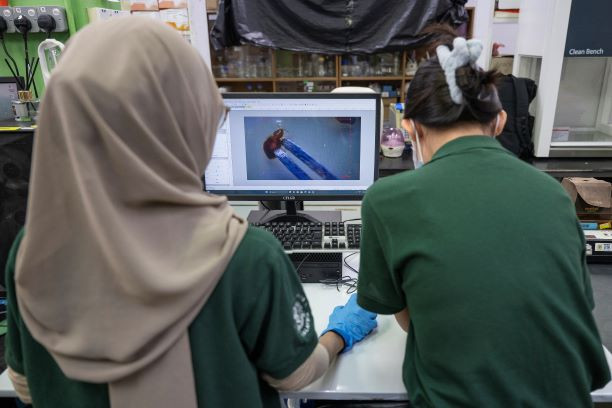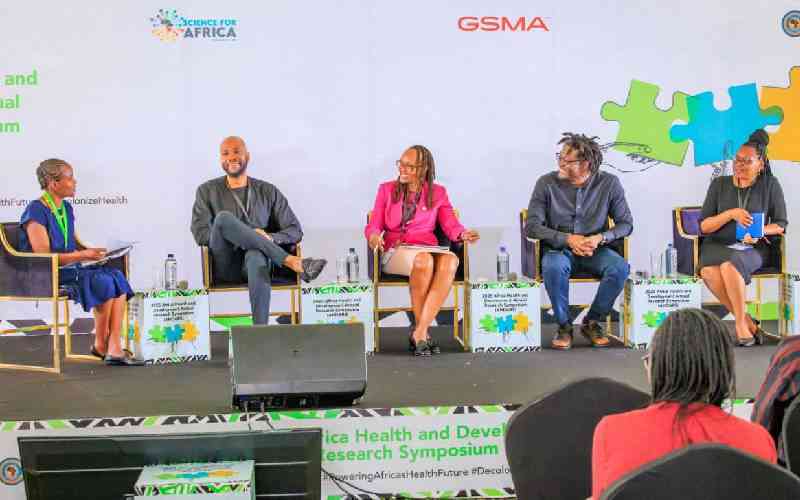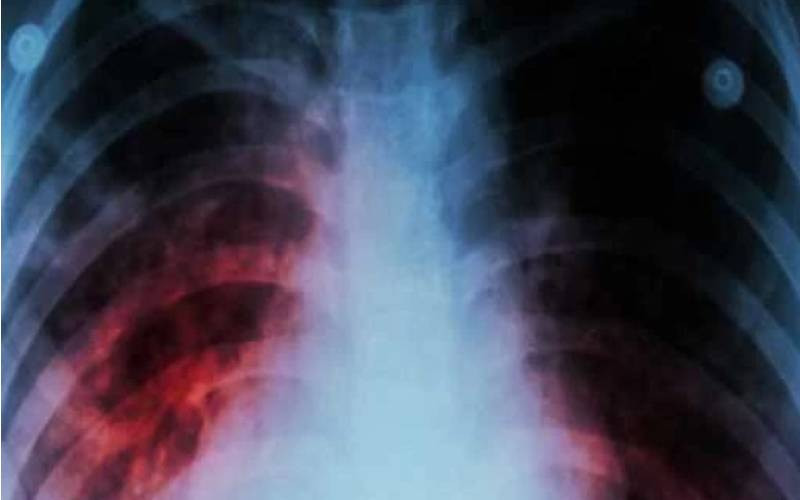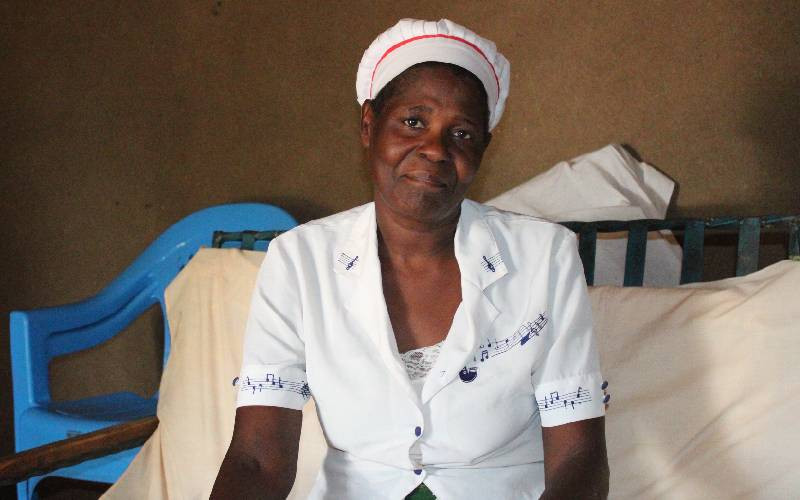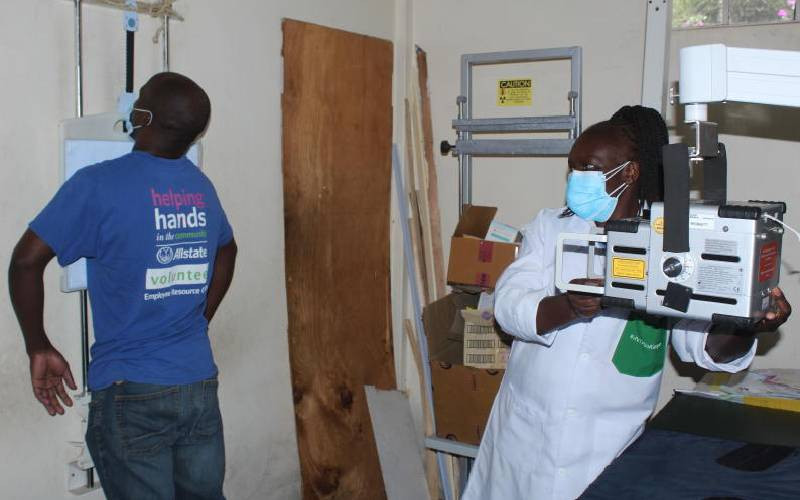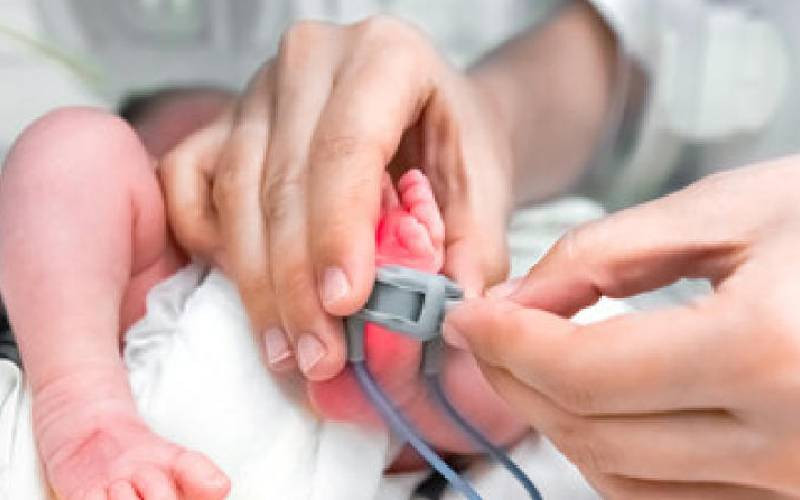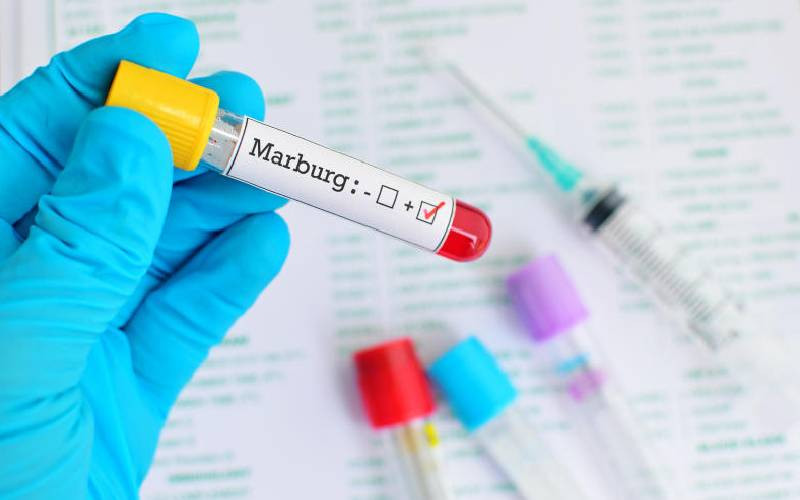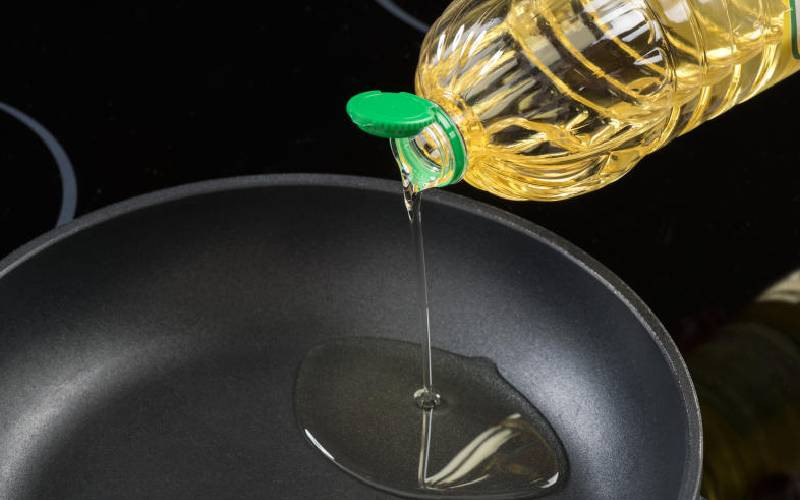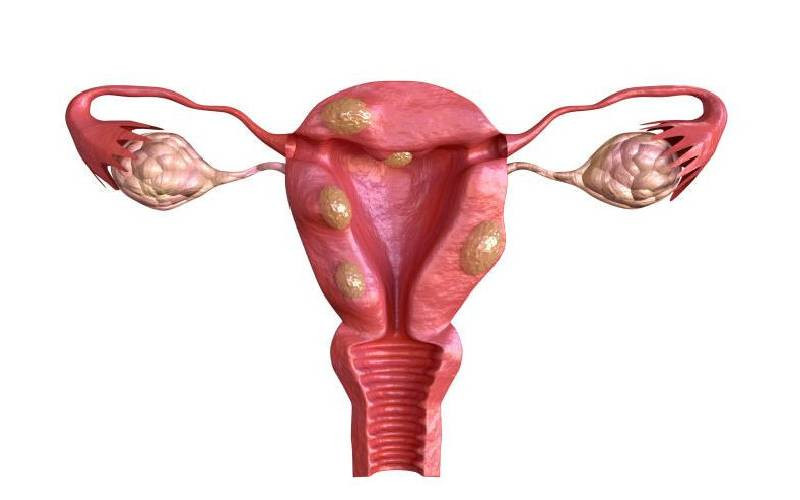
Janet Chepkemei*, from Kitale, got married in 2012. She expected that she would be a mother in the next year.
“Failing to conceive in two years raised an alarm for me,” she says.
Chepkemei visited a gynaecologist who put her through several tests and scans.
“That’s when I was told that I had fibroids – many of them,” she says.
Dr Kireki Omanwa, a fertility expert, says: “Fibroids are a major cause of infertility among women. Out of every 10 women that come to Frontline Medical Consultants with a fertility issue, about three are being held back from motherhood by fibroids.”
How exactly do fibroids cause infertility?
“First, if one has intramural fibroids (in the muscle of the womb), they stretch the uterus to the extent of blocking the fallopian tubes. This would prevent fertilisation of the egg.
- Stillbirths: The psychological and physical toll on expectant mothers
- Uterine growths can give you bad shape and cause kidney failure
- Lupita's battle with fibroids: What every woman should know
- Health experts warn delayed motherhood raises risk of ectopic pregnancy
Keep Reading
“Sometimes a fibroid could be dangling in the cavity of the womb. This blocks sperm from accessing the womb and swimming to where they are needed for fertilisation to take place,” Dr Omanwa says.
The doctor says it is possible for fertilisation to take place even when a woman has fibroids. After fertilisation, the embryo has to implant inside the walls of the uterus.
“An embryo is microscopic. Therefore, the presence of submucosal fibroids projecting into the uterine cavity, even one-centimetre-long, would feel like Mt. Everest for the embryo to circumvent and find a suitable site for implantation,” he says.
In some cases, a woman will have successful fertilisation and implantation. However, due to fibroids, they will lose the pregnancy.
“This is actually my story. It’s exactly what happened to me,” says Catherine Muya.
In 2016, after 10 weeks of pregnancy, Catherine suffered a miscarriage. Shortly afterwards, she was diagnosed with fibroids.
“I had surgery in 2017. I gave birth to my daughter, my first child, in 2018,” she says.
In 2022, she started trying for baby number two. She got pregnant and, unfortunately, lightning struck the second time: “I lost that pregnancy too.”
On further tests, her doctor informed her that not only had the fibroids grown back, they were many than before.
“I had a second surgery to remove them in 2023. In 2024, I gave birth to my son, my second child,” she says.
Chepkemei underwent surgery to remove the fibroids in 2018. However, she is yet to be lucky. But hope should never be lost, Dr Omanwa says.
“If fibroids are the only challenge for a couple struggling with infertility, in the hands of the right specialists, there is close to a 100 per cent chance that they can achieve a successful pregnancy and become parents.”
 The Standard Group Plc is a multi-media organization with investments in media
platforms spanning newspaper print
operations, television, radio broadcasting, digital and online services. The
Standard Group is recognized as a
leading multi-media house in Kenya with a key influence in matters of national
and international interest.
The Standard Group Plc is a multi-media organization with investments in media
platforms spanning newspaper print
operations, television, radio broadcasting, digital and online services. The
Standard Group is recognized as a
leading multi-media house in Kenya with a key influence in matters of national
and international interest.

